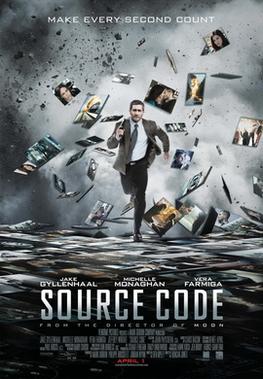
Udacity and Georgia Tech Introduce Online CS Masters Degree
Jon Russell, thenextweb.comGeorgia Tech has announced a partnership with Web-learning startup Udacity that sees the two organizations team up to offer its first online master of science degree, which will run as an entirely Internet-based program.
The degree …
Udacity and Georgia Tech Introduce Online CS Masters Degree http://flip.it/OLBIT http://flip.it/uiW9c
Related articles
- Udacity Will Offer Masters Degrees in CS From Georgia Tech (allthingsd.com)
- Georgia Tech and Udacity roll out massive new low-cost degree program (insidehighered.com)
- Get A Full Master’s Degree in Computer Science for $6K (collegenet.com)
- Georgia Tech to Offer a MOOC-Like Online Master’s Degree, at Low Cost (Chronicle of Higher Ed) (mitopencourseware.wordpress.com)












You must be logged in to post a comment.